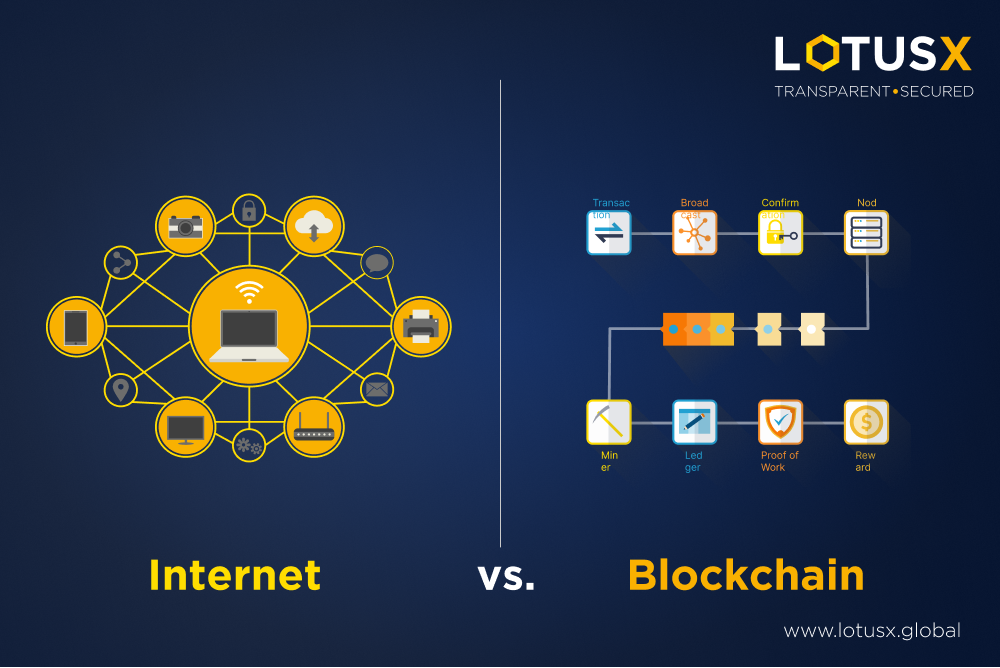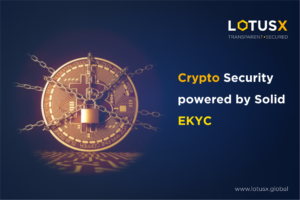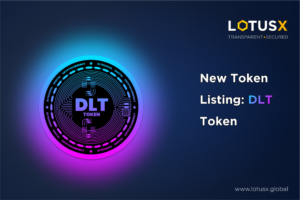Did you know when the Internet came into being, one of the most prominent Internet service providers issued a flat rate card? The rates went as high as INR 30,00,000 for service providers with 128 kbps. And this is the year 1995! Can you beat that? Now, we have internet providers offering services at INR 399 or lower when the world is going crazy over blockchain services! Let us begin by explaining how they are better. Blockchain services offer advantages over traditional Internet-based systems regarding money and speed, particularly in financial transactions. Let’s explore how blockchain services excel in these aspects.
Why Blockchain?
Here are eight reasons why blockchain services have an edge over traditional Internet services:
1. Security and Transparency:
Blockchain technology is inherently secure due to its decentralized nature and cryptographic hashing. Transactions are recorded securely and tamper-resistantly, making it extremely difficult for unauthorized parties to alter or manipulate data. This high level of security reduces the risk of fraud, unauthorized access, and data breaches.
2. Reduced Intermediaries and Costs:
Traditional financial systems often involve multiple intermediaries such as banks, payment processors, and clearinghouses. Each intermediary adds complexity and costs to transactions. Blockchain eliminates the need for many intermediaries by allowing direct peer-to-peer transactions. This reduces transaction fees, processing times, and the potential for errors associated with manual reconciliation.
3. Faster Cross-Border Transactions:
International money transfers through traditional channels can take several days due to the involvement of intermediary banks and various clearing systems. Blockchain-based transactions can significantly expedite cross-border transfers by eliminating intermediaries and enabling direct transactions between parties. This can lead to quicker settlement times, particularly for remittances and cross-border trade. Additionally, if traditional banking was to implement blockchain services, the technology can process thousands of transactions within seconds.
4. Smart Contracts for Automation:
Blockchain presents the idea of “smart contracts,” which automatically follow the rules already set. They make things happen instantly when certain conditions are met. Smart contracts can facilitate complex financial agreements, automate processes, and reduce the time required for manual intervention and coordination.
5. Immutable Transaction History:
Blockchain’s ledger maintains an unchangeable record of all transactions, providing a transparent and auditable history of financial activities. This transparency can help prevent disputes and fraud, allowing faster resolution and accountability.

6. Decentralization and Trust:
Traditional financial systems rely on centralized authorities to verify transactions and maintain records. Blockchain’s decentralized nature distributes the verification process across a network of participants, increasing resilience against single points of failure and unauthorized alterations. This decentralized trust model enhances confidence in transactions and reduces the need for extensive verification processes.
7. Micropayments and Financial Inclusion:
Blockchain enables micropayments—tiny transactions of fractions of a cent—without the overhead costs that make such payments impractical through traditional systems. This capability is particularly relevant for industries like content creation and digital services. Additionally, blockchain’s accessibility can help provide financial assistance to unbanked and underbanked populations, promoting financial inclusion.
8. Rapid Settlement and Clearing:
Blockchain allows for real-time or near-instant settlement of transactions, reducing the time between payment initiation and final settlement, as opposed to traditional financial systems involving the Internet.
Bottom Line
In conclusion, blockchain services can provide faster and more efficient financial transactions than traditional Internet-based systems. The technology’s decentralized, secure, and transparent nature holds promise for revolutionizing how money is exchanged, managed, and tracked. As blockchain continues to evolve and address its challenges, its potential to enhance financial processes remains an exciting prospect.




